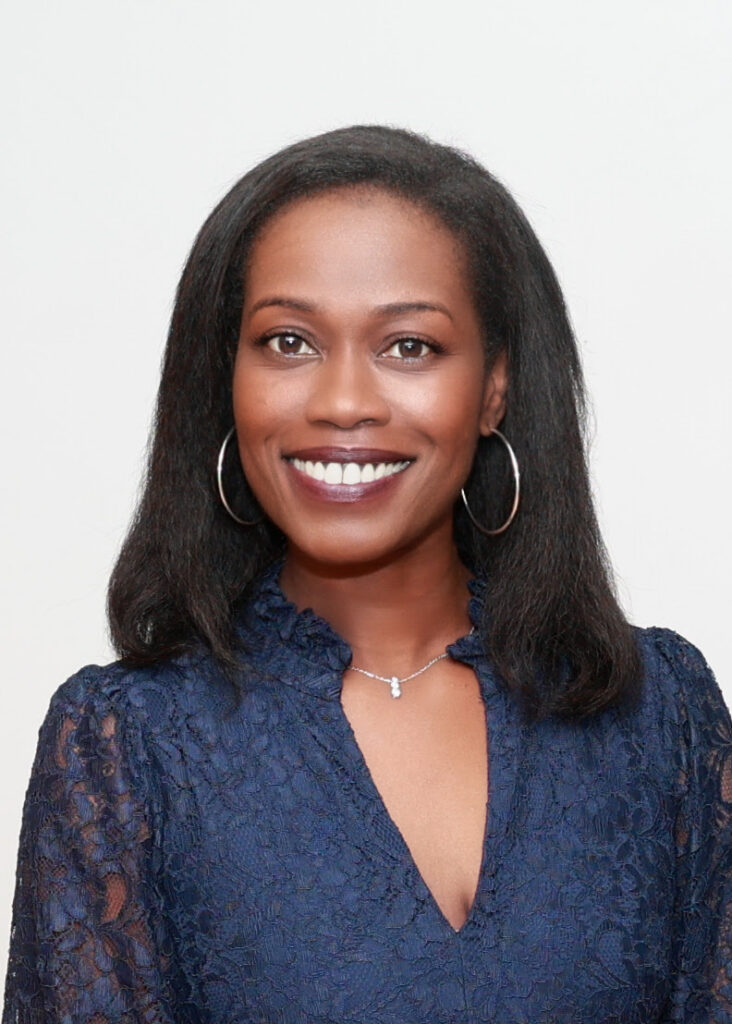Genealogy Corner with Kellie Farrish
Juneteenth should be a day that Universities recommit themselves to making this information available. This process often requires significant monetary resources and thousands of hours of research, so advocating for funding and support for these projects is critical. While there are several universities making this information available, there are several universities, counties, libraries and rural court houses that have not begun the work, making it difficult to research African American ancestry as far back as their presence in the United States extends. For White Americans and all others, acknowledging and commemorating Juneteenth can be an act of allyship and solidarity. This can take many forms, such as educating oneself and others about the history of slavery and its continued impacts on present-day society and advocating for policies and practices that address systemic racism, such as disparities in wealth, education, healthcare, and criminal justice. The date can serve as a powerful reminder of the enduring effects of slavery on Black communities. It’s a chance to spotlight the systemic injustices, economic disparities, and social inequities that can be traced back to slavery and segregation.Contributing to Reparation Generation, whose primary aim is to raise awareness about these disparities, is a great way to begin this journey of understanding, healing and commemoration.

Reparation Generation’s board member and professional genealogist Kellie Farrish is an advisory participant concerning reparations eligibility based on race or lineage for California’s AB3121 Reparation Task Force. Kellie spent 15 years helping African-American families trace their ancestry. She also facilitates workshops on transforming race narratives and dismantling systems of racial inequality. Prior to Kellie’s work in training and genealogy, she worked for 20 years in the banking and finance sector for major US institutions.
